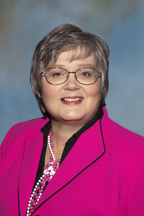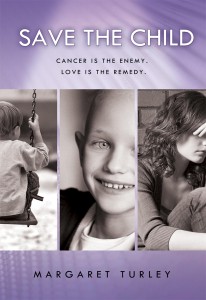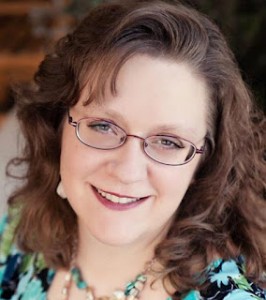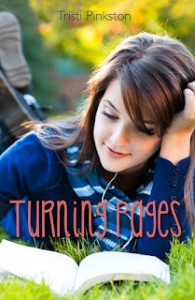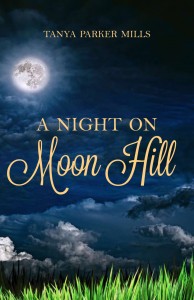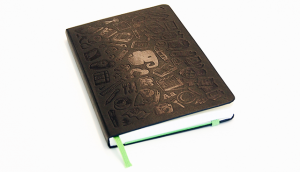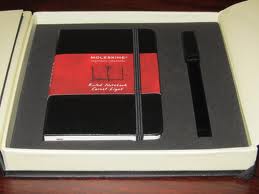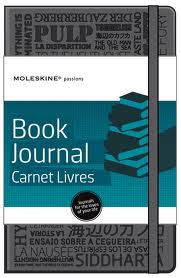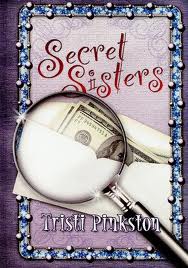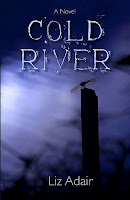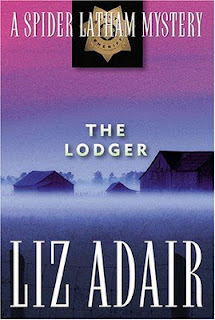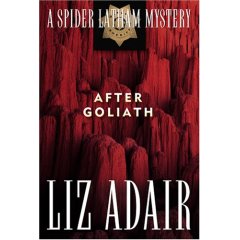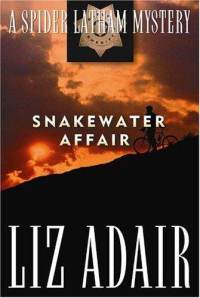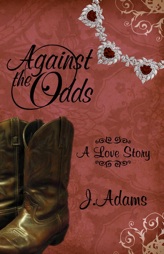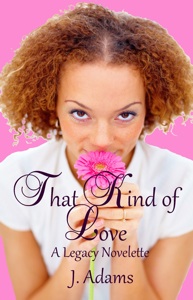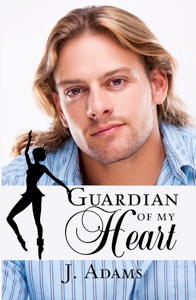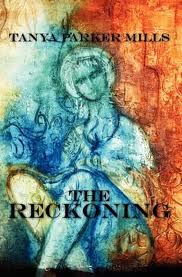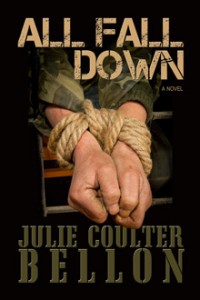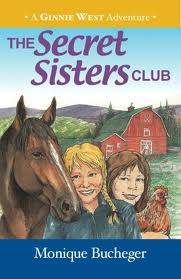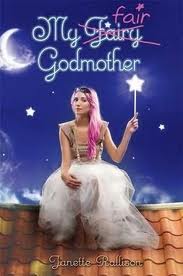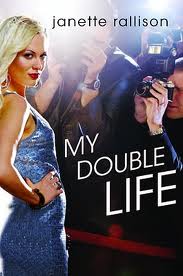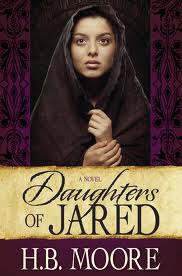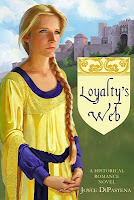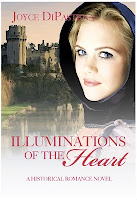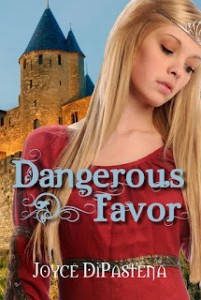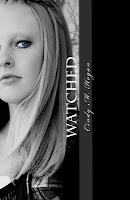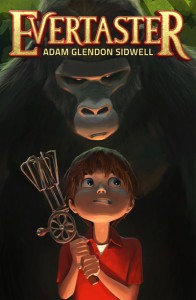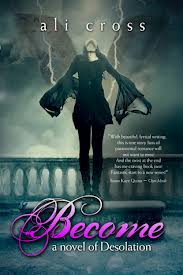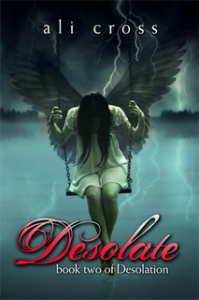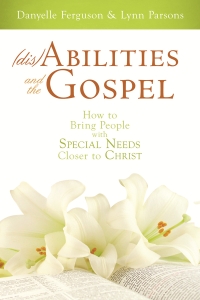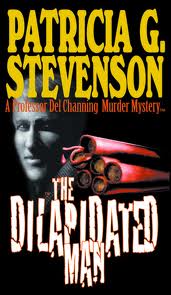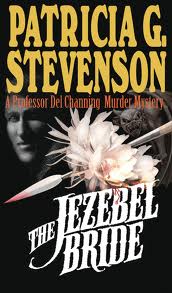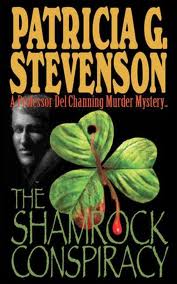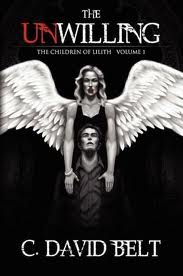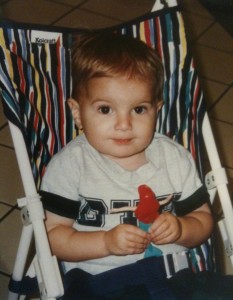(NOTE: If you haven’t yet heard about the contest I’m running through September 24th, go here to see all the prizes and details and please think about entering. After all, there’s no limit on number of entries and there are many ways to enter. If you’ve already entered, remember that leaving a comment about this interview earns you another entry!)
Along with writing and nursing, Margaret Turley is an activist of the best kind–always trying to find ways to serve and help–and in that role she helped to co-found Writers Unite to Fight Cancer two years ago. This is a cause that certainly touches every family in some way, and I was excited to give her an opportunity to tell a little more about the organization during my interview.
ALSO: As a special offer from Margaret, starting today for five days, readers may download a free Kindle version of SAVE THE CHILD. After August 28th, the ebook will revert to its normal price of $2.99 per copy.
Me: Tell us about your first experiences with nursing, and whether or not you wrote a story about it.
Margaret: I grew up on a farm and so I had the opportunity to nurse many animals. One of the more memorable experiences was when our mother sow had 13 piglets, and 4 runts were too tiny and weak to get the food they needed. I lined a cardboard box and put it in my bedroom and fed them with a doll bottle every hour around the clock. Only one made it out of the four. What helped the most was after he was a week old my dad encouraged me to take him outside and introduce him to Betsy, our old Holstein cow. Her udder was so low that her teats dragged the ground and were very tough. She stood very still and let the piglet suckle from her teat until he had his fill, and then he would trot behind her like a calf. It was delightful to watch. I’ve written down many stories about my pets and farm animals in the past. Some have been lost between moves. Others are lost due to change in technology — with irretrievable data bases. Some of my favorite books to read are the James Herriot series.
Me: What made you choose nursing as a career, and do you see any similarities between being a nurse and being a writer?
Margaret: I’ve always loved helping others and caring for people and animals and plants since I was a small child. Science fascinated me in school. If I had endless time and resources, I would be an eternal student and do research. In that way, nursing (a scientifically based art of healing) and writing (a creative art) share the common need for research in order to produce the best outcome. One of my favorite parts of nursing is educating patients about what to do to take care of themselves to enjoy a healthy and happy life. As a writer, I continue to practice that educational part of my nursing with my blog on the Save the Child website. There, I share information about cancer, healthcare, children’s health, parents’ rights and other related issues.
Me: What made you write SAVE THE CHILD?
Margaret:
While I was traveling to work one day, the news broadcast a story about a mother who was refusing chemotherapy treatment for her son. Because I am a nurse, I asked myself, “Why would a mother decide against the best that medicine could offer for her offspring?” The story unfolded over the next few weeks. The doctors insisted the boy had a virulent cancer that needed immediate attention. Even when threatened with jail and loss of custody, the parents were unrelenting in their premise that they felt their child did not have cancer, and they did not want him to receive chemotherapy. After they were charged with kidnapping their own child because they crossed state lines, a judge listened to the parents and halted the medical community and government forces.
What the parents wanted was an independent, out-of-state medical work-up for their son. The judge allowed them to seek this consultation. The child was discovered to be free of cancer! I sighed with relief. The judge saved this boy from the horrible side-effects of chemotherapy, which include nausea, pain, sores, compromised immune systems, sterility, major organ damage, secondary cancers, and even death.
One of the most important roles of a nurse is to be a patient advocate. During my thirty-four-year career, I have observed more than one situation where a patient and/or their family were not listened to. This can cause grave problems and errors, not the least of which is that patients and families must endure procedures they don’t understand or agree with. It’s my hope that the medical community and the law can come together to serve the best interest of the child and family.
In the U.S., parents do not have the right to make medical decisions for their children from the time they are born until they reach the age of majority. Doctors and hospitals need to respect the different backgrounds, cultures, religious beliefs, and preferred approaches to healthcare that individuals and families have. In SAVE THE CHILD I have explored a few of these options.
Me: Tell us about your organization Writers Unite to Fight Cancer and how other authors can join the cause.
Margaret:
WUFC was founded in June of 2010. Our mission is to raise community awareness about cancer and raise money for cancer research, while supporting authors with venues and encouragement. The money we raise supports the American Association for Cancer Research, because we believe in their comprehensive and innovative approach.
Today’s cancer researchers are on the verge of life-saving discoveries. But what scientists desperately need are the funds required to mount an all-out assault against cancer. One in three people will develop cancer during their life. This year, 1,529,560 people in the U.S. will be diagnosed with cancer, and more than 7.6 million people around the world will die from it.
Authors who would like to join our efforts should contact me, Margaret L. Turley, Administrator, using the link on this web page. Writers may participate in local events, and they can help by listing a link on their website to generate contributions to the AACR.
Me: I understand the submission period just closed for the WUFC First Annual Charity Writing Contest. When do you expect the anthology of winning stories to be published, and will there be a contest again next year?
Margaret: People can start ordering copies of the anthology at the Awards Ceremony that will be held in Changing Hands Book Store on Thursday, September 27th, 2012 at 6:30 p.m. We hope it will be ready by the first of the year. We have received some great submissions that are in the process of being judged at this time. We will hold the annual contest every year and choose a beneficiary that promotes community awareness, assistance and cancer research.
Me: What are you working on now in terms of writing?
Margaret: I’m working on a mystery suspense thriller that also involves a heart transplant (can’t leave out the medical/nursing side of my brain).
Me: Describe your writing process.
Margaret: I write down ideas as they come to me. I keep notebooks with me everywhere–purse, car, by the bed, in the living room. I will use paper towels and napkins, if necessary. I’ll let them mull around for a while. Then I’ll write out a page or so of narrative outline. Then I start researching and writing scenes. Then more scenes to connect the other scenes and set up other scenes and resolve other scenes and so forth until we reach the end (we, meaning the characters and I together).
Me: Finally, how important, in your view, is the role of a writer in today’s society?
Margaret: No matter what genre the writer chooses to direct their pen or stroke their keys, they reflect the mores of the society they are in–their hopes, dreams, and desires, as well as their fears and dark thoughts. I feel it is our honor and duty to leave a legacy for future generations that they can learn from, be entertained by, and find inspiration in.
I don’t know about you, but I’m definitely going to take advantage of her free SAVE THE CHILD Kindle offer…and I can’t wait for her medical thriller. After all, I’m very taken with thrillers these days (I’m currently reading Truman Capote’s IN COLD BLOOD as part of my “Thriller Thursday” challenge) and I can count on hers being well researched!
Originally posted 2012-08-24 06:00:54.

